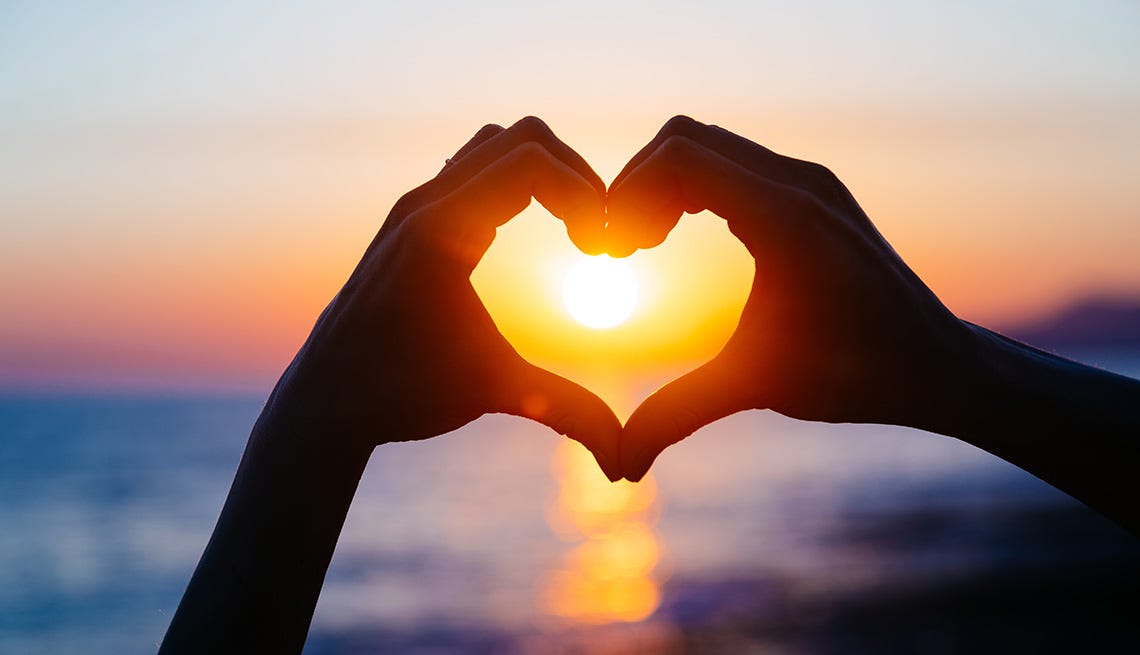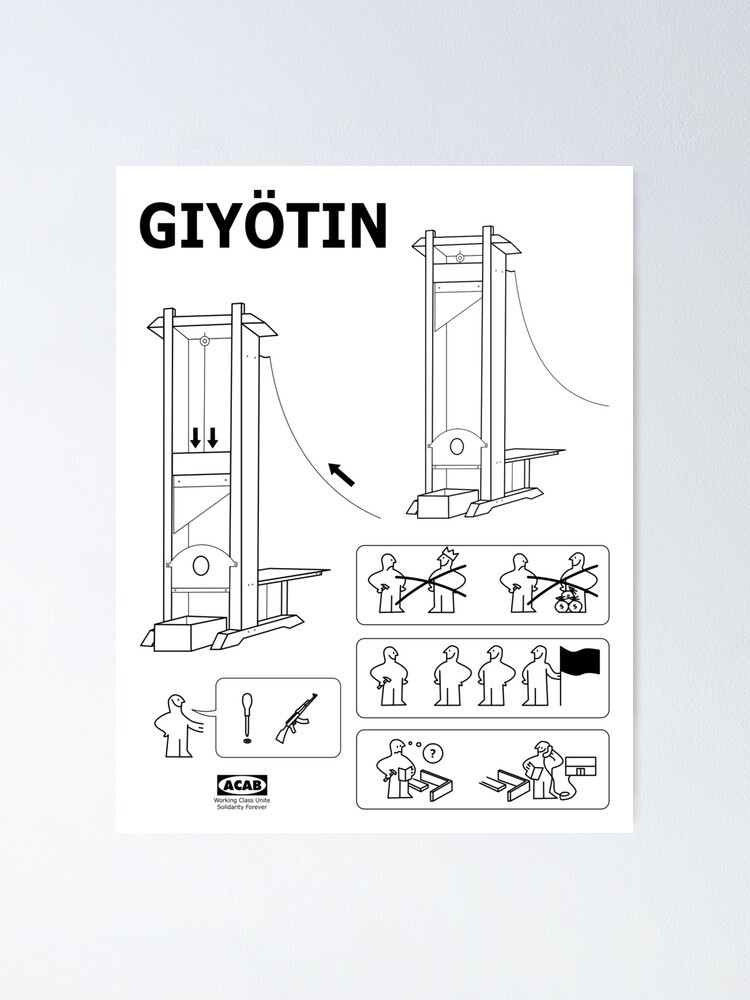Hell is Being Unable to Love
If we do not keep our hearts open, if we cannot ground our actions in love, we will fail utterly in any attempt at r/evolution.
I woke up yesterday morning thinking about forgiveness, compassion, and love, how utterly essential they are to the world we want to create to replace this one.
I was specifically remembering a phrase attributed to Jesus, translated in a variety of ways, and even made into a song. “Father, forgive them. They don’t understand.”
At the risk of sounding like a bumper sticker, I truly believe that what the world needs now is love. It is the most powerful force in the universe and the only one that can save us. But I also believe that love is an action verb, not a feeling.
I’m not a Christian in the traditional sense. The creeds so important to Christianity—Jesus was God incarnate, was born of a virgin, was physically resurrected after death and ascended into heaven in bodily form—none of those things are necessary to my faith. It’s not that I do or do not believe in them. It’s that they don’t matter to me. I loved, and followed, Jesus as a teacher, a healer, and an example. That is his role in my life. The entire concept of salvation is lost on me.
I grew up praying to Jesus. I pray to him and God now, or to the Creator, Tunkashila (Grandfather in Lakota), or to Allah. We talk. We have conversations, and I try to understand his/her/their will. Forgive my lack of capitalizations. I don’t think God gives a rat’s ass about grammar.
In adulthood I became a Convinced Friend, better known as a Quaker, and realized I was a pacifist. But the past 14 months have done a number on my commitment to nonviolence.
I know I’m not alone in saying that the witnessing of this genocide has broken me down and open. The rage, powerlessness, terror, agony, fury, guilt and shame that have consumed my heart for the past 16 months have rearranged everything I thought I knew about the world and my place in it.
But for me to consider, even in passing, taking up arms, is tantamount to a spiritual earthquake, which I confessed to my elders recently in Quaker Meeting. I believe were I in Gaza, I might have taken up arms forever ago. I would hate killing people. But if I truly believed it could inhibit the genocide, I might do it.
My commitment to nonviolence was not born of the crucible of faith in the face of racism and colonialism which so many of our greatest nonviolent warriors survived. I lack the training and discipline of a deeply committed spiritual practitioner like Thich Nhat Hanh, Rev. Dr. Martin Luther King, Jr., or Mohandes Gandhi. I’m a privileged white woman with education and U.S. citizenship. I have been lazy in my pacifism. I have been arrested a few times in defense of peace and justice, and once was injured by SWAT in the process. But truly, my pacifism has not been tested in fire.
My passion for nonviolence was born of a violent childhood—emotional, physical, and psychological—and the damage that did to me, damage from which I’m still healing. That damage instilled in me profound rage, with which I’ve in turn hurt people whom I deeply love.
The overwhelming sense of love which descended on me yesterday morning reminded me that my rage is not going to heal this world. Rage is a valuable teacher, a directional arrow, our friend in that regard. But my casual references to the need to burn it all down, or my affection for the “Giyotin” IKEA memes on line (which, I have to admit, are pretty great) is an adolescent response to the present moment.
Someone on Threads recently said, “Nature abhors a vacuum, but psychopaths love a vacuum.” (I really wish I could remember her name. If you know, please tell me. Her argument was so lucid).
Leaving aside for a moment the ethical problems with diagnosing people with mental illness whom one has not met, with whose care one has not been entrusted, history supports her idea.
The French Revolution began with the break-away creation of the National Assembly from the Estates General, but in popular imagination it began with the storming of a prison, the Bastille, and continued on through the Reign of Terror under Robespierre, ending 10 years after it started when Napoleon seized power.
I don’t know about those of you in other countries, but in the U.S. right now there is a lot of talk on social media about the French Revolution in the wake of the murder of United Health Care CEO Brian Thompson and the arrest of Luigi Mangione.
The first law of Newtonian mechanics teaches us that, for every action there is an equal and opposite reaction. The brutal violence of the monarchy and church alliance which ruled France for centuries—physical, economic, psychological—produced a response of tremendous violence.
But it was not a clean, clearly-directed, morally-restrained violence. It was an explosion. Historians estimate more than 100,000 people were killed, or died of starvation, between 1793 and 1796, during the Reign of Terror. Many more were imprisoned in appalling conditions. Fantastic ideas about liberty, equality and fraternity, as well as popular democracy, would eventually take hold of France and inspire the world. But make no mistake, that first decade was a bloodbath.
If Americans attempt a second revolution anytime soon, it will be a mess. I’m not passing judgment on its legitimacy or the justness of its cause. I’m simply clear that if you smash the state but have nothing to replace it, something is going to fill that vacuum and history teaches us that something is usually pretty awful.
(Mind you, Donald Trump is doing a pretty great job of smashing the state right now with no help from the people).
We can look to the best-intended revolutions elsewhere in the world and see that, where a new society had not already been established and taken root by the time the old one was shown the door, the way was left open for whoever had enough drive and chutzpah to come in and make their own personal mess of the revolution.
We have witnessed such unspeakable cruelty, hatred, sadism, and racism spoken aloud and acted upon in the past year (not to mention the previous 400). I can’t help but think those who choose this path are truly in Hell. They may be psychotic, or just damaged in some way. But if you cannot love, truly love, all the members of your species (regardless of whether or not you like them, think they should be in prison for war crimes, etc.), you have put yourself in a hell of your own making.
If we want a different world, we need to build it and render the old one redundant. We need to create the institutions we deserve, and let the those we don’t wither. And we can, together.
If we want to create a Paradise, we first need to free ourselves from Hell and ground ourselves—our words, deeds, thoughts, dreams—in love. Love of each other, love of the other, love of this planet and all her beings, love of ourselves.
For the past year this newsletter has focused mostly on the horror in Palestine and how to survive it. I will continue to write about Palestine until it’s free, and other parts of the Middle East as well, because that’s my wheelhouse. I’d like to write about Sudan and the Congo, but I need to educate myself about them first.
And I will write, when I feel I can contribute something useful to the conversation, about what’s happening here on Turtle Island (U.S. occupied North America).
But for the most part, it is my sincere hope to focus as much as possible on ideas, strategies, and inspiration for midwifing that new, better world into existence.
Thank you all for taking this journey with me. May it be blessed.






"We can look to the best intended revolutions elsewhere in the world and see that, where a new society had not already been established and taken root by the time the old one was shown the door, the way was left open for whoever had enough drive and chutzpah to come in and make their own personal mess of the revolution."
What if we all started living our best lives together? Helping each other out, buying ethically, taking action where and when we can, all with live in our hearts?
I keep thinking this is such an important part of the solution, in whatever way we interpret this.
Thanks for posting this important piece, Val.
Exactly Val, all of it.